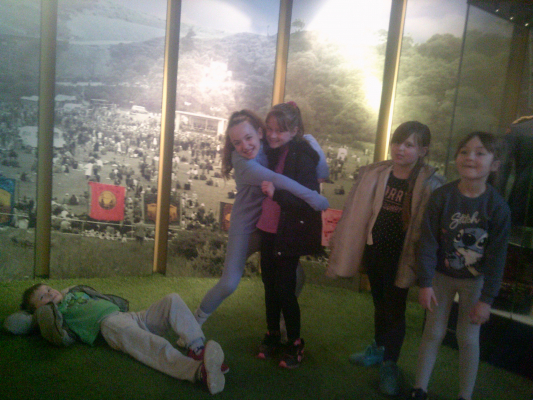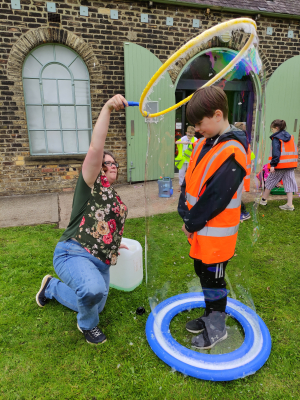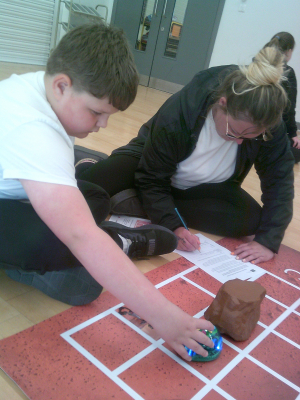Project Overview
STEM Communities is a collaboration between NUSTEM and Museums Northumberland and is based at Woodhorn Mining Museum. It targets families with children aged 8-11 from schools in the area local to Woodhorn Museum. It is funded by the STFC under the Nucleus Grant: STFC ST/Y002954/1.
The project will run from 2023 to 2026, with two recruitment cohorts. The STEM Communities project has brought families and researchers together to learn about the local heritage of science and technology in the North East, and explore the emerging science and technologies that will shape our futures. It has four phases:
- in-school workshops
- in-school activities for families
- family groups are then invited join workshops at Woodhorn Museum, or take part in STEM related trips
- family groups then follow their own STEM interests and lead their own STEM enquiries facilitated by the STEM Communities team.
While the family unit is at the heart of our approach, the project extends its reach to the wider community, encouraging participation, fostering curiosity, and facilitating deeper exploration into STEM topics. A unique aspect of STEM Communities is the autonomy of the community group itself. The project aims to empower the community group to make their own decisions, pursuing their interests and exploring the aspects of science and heritage that fascinate them the most. While our project partners are on hand to provide support and resources, the community group will own the project activities and dictate the direction of exploration.
Project Evaluation
The project aims to:
- Increase families’ knowledge and understanding of STEM, including of the science and technology of the Science and Technology Facilities Council
- Develop participants’ understanding of the relevance of STEM in their local region, historically and currently
- Provide a broader understanding of current and future careers in STEM
- Create a positive experience of engagement in community activities for families
- Create STEM communities with ownership over their own STEM exploration.
The evaluation of STEM Communities is guided by four principles:
- Embedding reflection into the delivery life cycle
- Acknowledging challenges and using these as learning opportunities
- Including perspectives of participants in the evaluation
- Feedback and learning are used to inform and influence future direction.
We use monitoring and evaluation, reflective practice and participatory evaluation approaches to understand what is important to and works for our community.
Project Findings
Developing an interim report at the mid-point aims to consolidate our learning on what constitutes a high-quality community-led STEM engagement and contribute to our intention to publish findings of value to the STEM engagement sector as a whole.
This report presents interim evaluation findings at the mid-point of the project.




